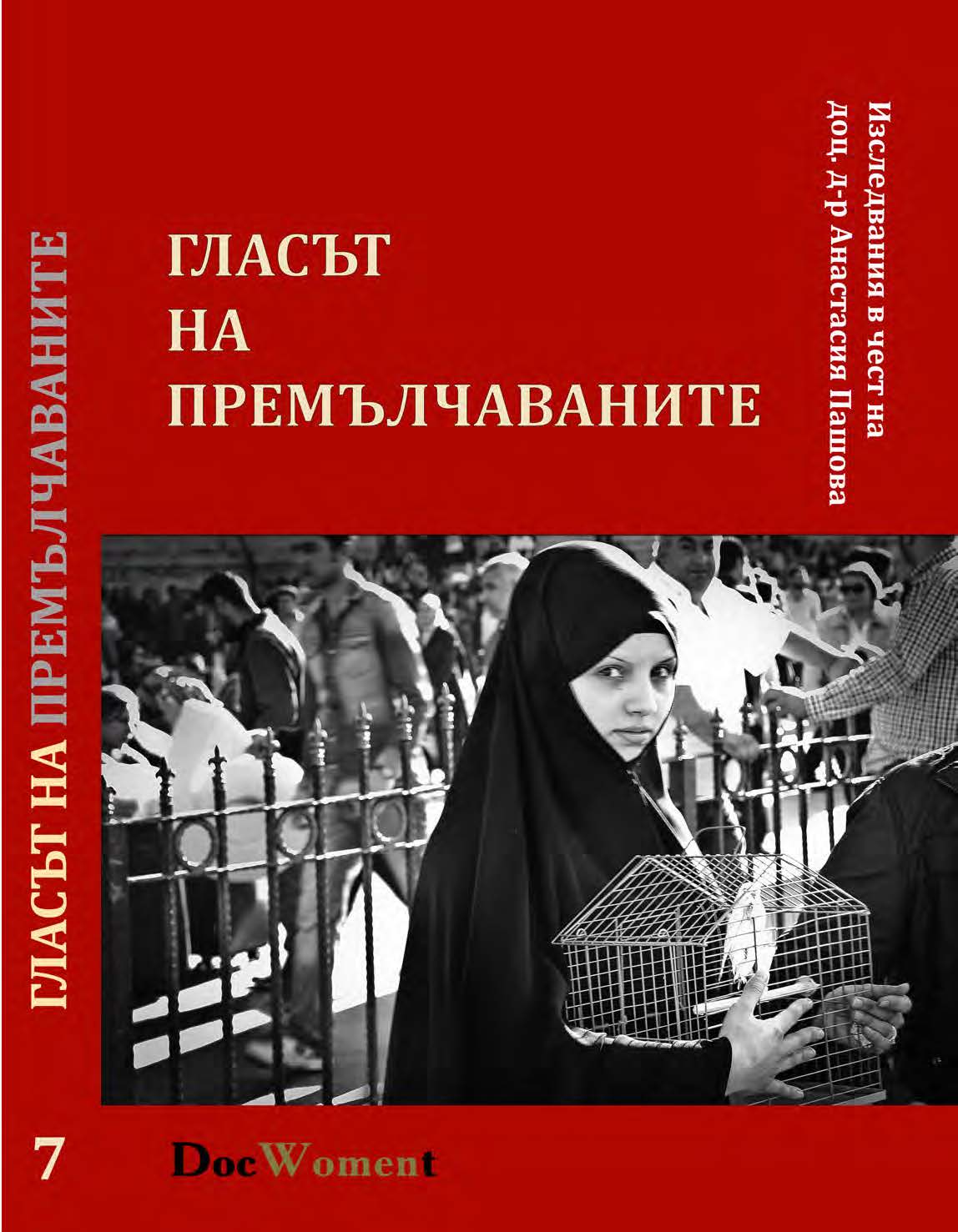За съпротивата на поетите срещу комунистическия режим
The Resistance of the Poets Against the Communist Regime in Bulgaria
Author(s): Vladimir LevchevSubject(s): Language and Literature Studies, Studies of Literature, Bulgarian Literature
Published by: ЮГОЗАПАДЕН УНИВЕРСИТЕТ »НЕОФИТ РИЛСКИ«
Keywords: forms of resistance; communist regime; poetry; Bulgarian Turks; samizdat
Summary/Abstract: The topic of the article is the “forms of resistance” among Bulgarian poets and writers during the Communist regime. A number of intellectuals were among the first victims of the Red terror which was launched immediately after September 9, 1944 -- writers, journalists, poets, artists. After that many men of letters choose to oppose the regime with their creative works. The most notorious examples are the satirical epigrams of Radoi Ralin, the modernist escapism of Konstantin Pavlov, the poetry of Petar Manolov, Boris Hristov and others. Another quite unknown until recently fact is the resistance poetry among the Bulgarian Turks persecuted during the so-called Regenerative Process that annihilated the Turkish minority in Bulgaria (1984-1989). Mehmed Karahuseinov is the most notorious example of this literary opposition. He put himself on fire in order to protest his name change, and survived by mere chance, only to die couple of years later because of his wounds. His poem Goria (I am on fire) is the climax of a whole series of Turkish resistance poetry of the time. One specific form of resistance against the regime was the appearance of the first samizdat, or independent publishing groups organized by Vladimir Levchev and Edvin Sougarev who published the virtually “home-made” (samizdat) magazines entitled Glas (Voice) and Most (Bridge) in early 1989.
Journal: Архиви на жени и малцинства
- Issue Year: 2021
- Issue No: 7
- Page Range: 276-283
- Page Count: 7
- Language: Bulgarian

